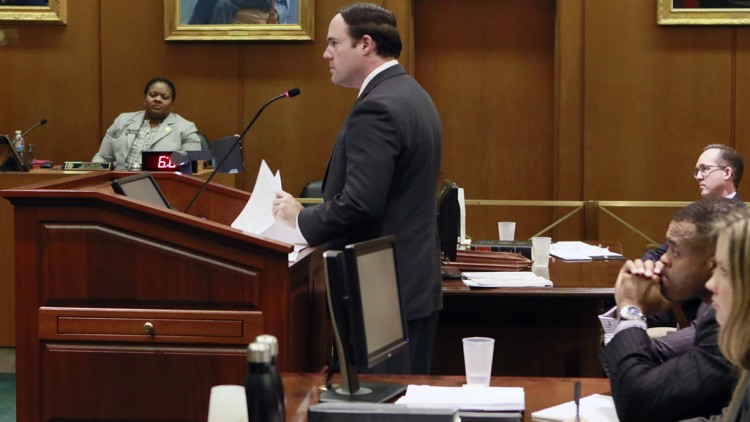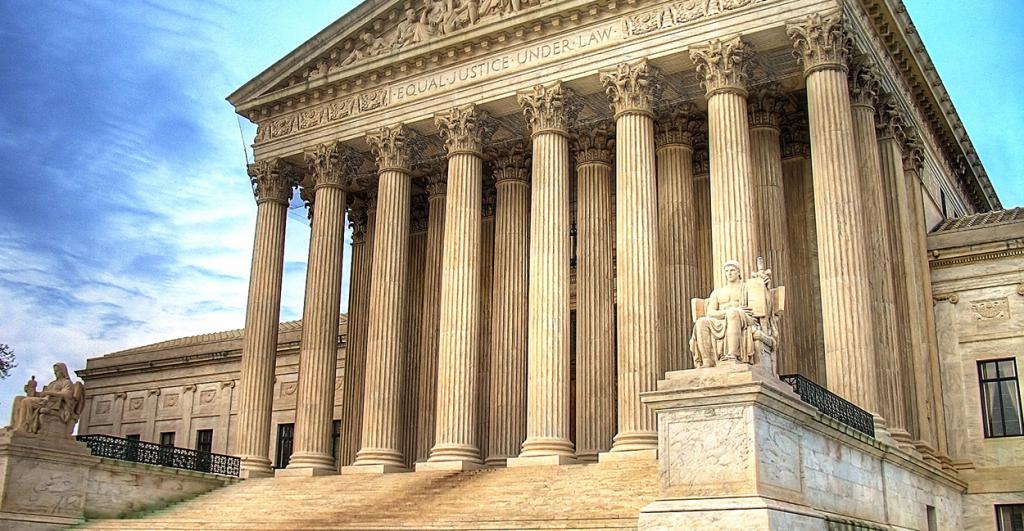Art. 209 Code of Civil Procedure partially describes the entry into force of a court decision. To clarify the provisions, you should refer to other rules of the code. Knowledge of the moment a court acquires legal force cannot be called formal. Many questions are connected with it.
Normative regulation
Almost all norms are contained in the Code of Civil Procedure, some additions and clarifications are in other codes, duplication of norms occurs. In addition, the provisions of other procedural codes affecting the status of court decisions are affected. For example, the rules for evaluating a court decision in a civil case in an administrative or criminal process.

The Supreme Court makes its share in the regulation; its clarifications on procedural issues are quite serious. Thus, Art. 209 Code of Civil Procedure intersects with a considerable number of norms.
The concept of legal force
The validity of a decision means its binding on participants in the process, which is emphasized by Art. 209 Code of Civil Procedure, and third parties that it may affect. This status is also supported by measures of state coercion against persons who refuse or evade the execution of a judicial act.
Who does it apply to? For participants in the process, for their successors (reorganized enterprises and heirs). This includes other citizens, organizations, enterprises, especially government bodies.
Entry into force of court decisions
There are two approaches adopted in Russian legislation on this subject. The first - the decision takes effect from the moment the expiration of the appeal period in the second instance or appeal. A total period of one month is given from the moment a full court decision is drawn up.

It should not be confused with the announcement of the introductory and operative parts, in which there is no motivation part explaining why the judge made just such a decision.
After considering the appeal, the court upholds the old decision or makes a new one or makes partial changes to the old one. The judicial act, adopted by the second instance, comes into force immediately, although the law provides for time for appeal. In this case, the entry into force and expiration of the appeal period do not coincide in time.
Immediate entry into force of court decisions is provided for the cassation and supervisory instances. Also, after the cassation instances have passed their acts, interested parties receive the right and time to appeal.
Consequences of legal force
First of all, the result of a court decision is the emergence of rights and obligations. So, for example, there was a dispute between citizens about the obligation to pay a debt. The court established the fact of the debt and ordered the recovery of money from the debtor.

The court has the right to oblige to conclude an agreement on certain conditions, and the acquisition of a decision of legal force means the acquisition of force by agreement.
Judicial acts - a means of legalizing property rights by recognizing ownership, use, residence, etc. In this case, the disputed, not entirely clear rights are confirmed and property disputes are resolved.
Prohibition of a new appeal to the court
Art. 209 Code of Civil Procedure limits the participants in the process to a new appeal to the court with the same requirements on the same occasion after the acquisition of force by a judicial act.

For example, alimony is collected once, after the claim is no longer accepted, and the opening of the proceedings is refused. Neither the participants in the process, nor their successors can refute the facts or the rights and obligations established by a court decision (prejudice).In other trials with the same participants, relevant facts, rights and obligations are taken into account. If at least one party to the dispute changes, prejudice ceases to apply. The provisions of Part 2 of Art. 209 Code of Civil Procedure of the Russian Federation confirm this position.
How does it affect others
The emergence of rights in some individuals or confirmation of their absence leads to the appearance of the corresponding obligations of counterparties.
A court decision in a civil case concerns, first of all, its participants. Other persons are either co-owners of property, or officials, such as registrars, who are required to make entries in the register of rights. A specific group of officials is bailiffs. Their task includes enforcement or control over the execution (payment of alimony, damages).
Moreover, failure to comply with the requirements of a court decision and a writ of execution issued on its basis will lead the guilty person to liability.
For violation of the requirements of the writ of execution, an administrative fine shall be imposed, for non-execution of a judicial act or evasion of its execution, if it already has force, criminal liability is applicable.
The case will be brought against an official of a municipal, state body or enterprise. For example, officials do not make child support payments after the opening of enforcement proceedings.
Approximately in this vein, Art. 209 Code of Civil Procedure of the Russian Federation with comments identifies forms of responsibility for evading or refusing to execute a court decision.
Change of court decision
The Code of Civil Procedure gives the right to file a new lawsuit in the case if circumstances have changed. This applies to periodic payments over a long period of time, such as child support. The previously adopted decision remains in effect, but the size of the amounts changes, it is allowed to write off all or part of the accumulated debt.
It is believed that the application is not related to the old case, and therefore the rules on the reopening of the case due to newly discovered circumstances do not apply.
Legal nuances
The expiration of the appeal period and the entry into force of the decision do not mean that nothing can be done. If an interested person becomes aware of the process subsequently, after its completion, he has the right to file a complaint. The appeal or cassation depends on the stage of the proceedings at which the proceedings ended.

The basis for the restoration of the term is a violation by the court of the rules on the involvement of persons with interest in the case.
How long is it allowed to file a request for restoration of time? The procedural code does not have any time limits, as is the case with the limitation period (10 years from the date of violation of the law).
